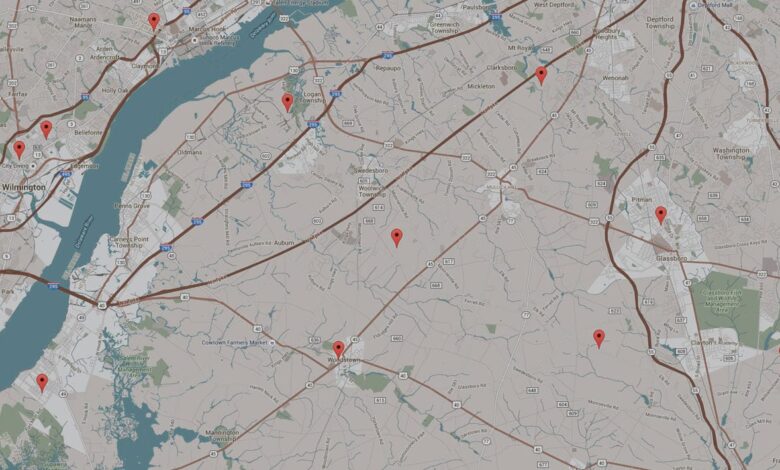
Introduction
The rapid advancement of artificial intelligence (A.I.) has ushered in a new era of opportunities for data professionals. As A.I. technologies continue to evolve, so too does the demand for skilled individuals who can harness the power of data to drive innovation and decision-making. In this article, we will explore some of the intriguing job roles that are expected to emerge for data professionals in the A.I.-powered future, and why these roles will be indispensable.
A.I. Data Ethicist
As A.I. systems become more prevalent and deeply integrated into various aspects of our lives, ethical concerns surrounding their use become increasingly significant. A.I. data ethicists will play a pivotal role in ensuring that A.I. algorithms and systems are developed and deployed in a responsible and unbiased manner. These professionals will be responsible for navigating complex ethical dilemmas, addressing issues of fairness, transparency, and accountability, and ensuring that A.I. technologies uphold societal values and human rights.
Why Required: With growing awareness of ethical challenges posed by A.I., organizations will seek data professionals who can guide the development and implementation of A.I. systems that respect ethical boundaries and mitigate potential harm.
A.I. Data Privacy Officer
As data collection and processing become more extensive, protecting individual privacy becomes paramount. A.I. data privacy officers will specialize in designing and implementing privacy preserving A.I. solutions, ensuring compliance with evolving data protection regulations, and safeguarding sensitive information from unauthorized access or misuse.
Why Required: With the tightening of data protection laws and increasing concerns about data breaches, organizations will need experts who can safeguard data privacy while maximizing the benefits of A.I. technologies.
A.I. Model Explain-ability Specialist
A.I. models are becoming more complex, making it challenging to understand their decision-making processes. A.I. model explain-ability specialists will focus on developing techniques and tools to explain the reasoning behind A.I. predictions and recommendations. This role is crucial for building trust and accountability in A.I. systems, especially in high-stakes applications like healthcare and finance.
Why Required: Interpretability and transparency are essential for A.I. adoption. Model explain-ability specialists will ensure that A.I. systems are understandable, reliable, and can be effectively audited.

A.I. Data Curator
A.I. systems thrive on high-quality, diverse, and well-curated data. A.I. data curators will be responsible for sourcing, cleaning, annotating, and organizing datasets that serve as the foundation for training A.I. models. They will play a pivotal role in ensuring that the data used for A.I. development is accurate, representative, and bias-free.
Why Required: The success of A.I. models heavily depend on the quality of input data. A.I. data curators will be instrumental in preventing bias and inaccuracies that can undermine A.I. system performance and fairness.
A.I. Business Strategist
Data professionals with a deep understanding of A.I. capabilities and business acumen will take on the role of A.I. business strategists. These individuals will bridge the gap between data science and business operations, identifying opportunities where A.I. can drive innovation, enhance efficiency, and create competitive advantages.
Why Required: A.I. business strategists will help organizations leverage A.I. technologies effectively, ensuring that A.I. initiatives align with business goals and generate tangible value.
Conclusion
The future of A.I. holds immense promise, and data professionals will be at the forefront of this transformative journey. As A.I. technologies become more integrated into our daily lives, the demand for specialized roles like A.I. data ethicists, A.I. data privacy officers, A.I. model explain ability specialists, A.I. data curators, and A.I. business strategists will continue to grow. These professionals will be essential for ensuring ethical, responsible, and successful integration of A.I. into various industries and sectors. As the A.I. landscape evolves, data professionals who embrace these emerging roles will play a pivotal role in shaping a future powered by data-driven innovation.

